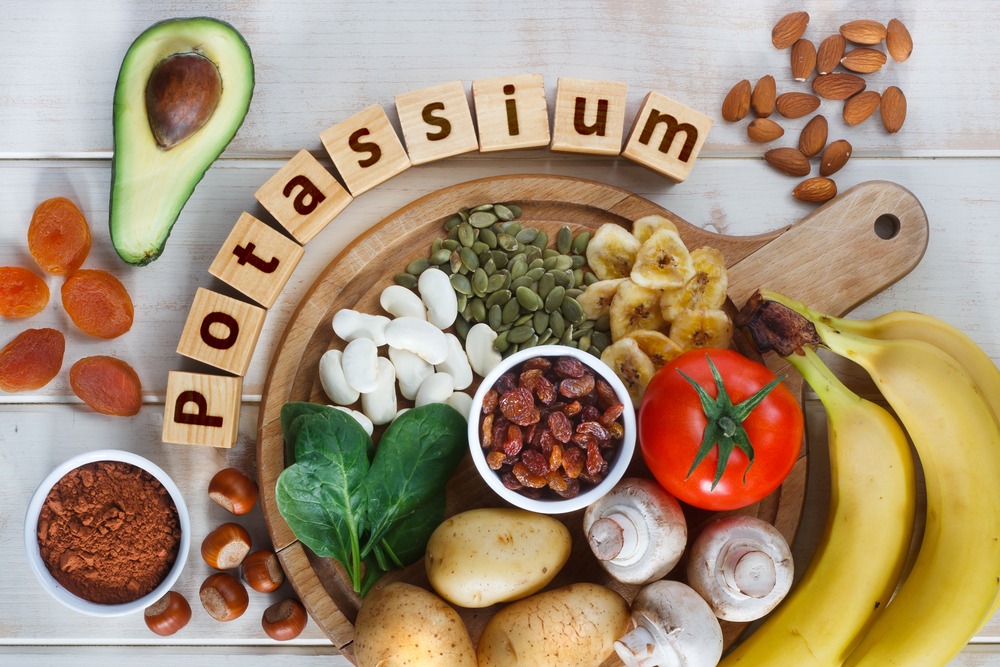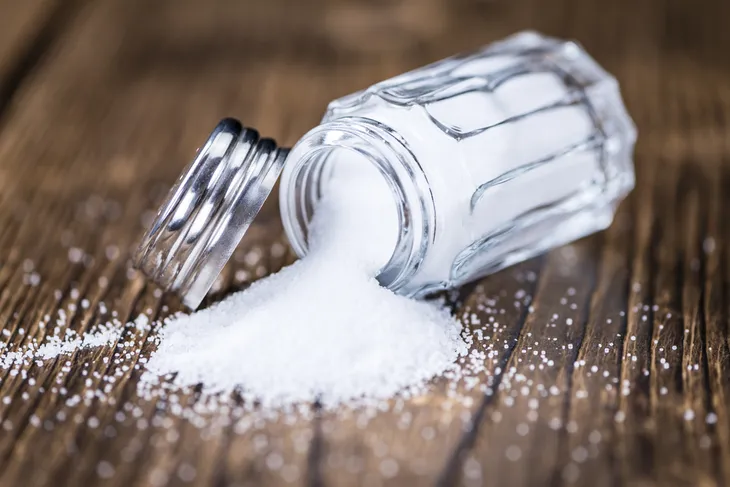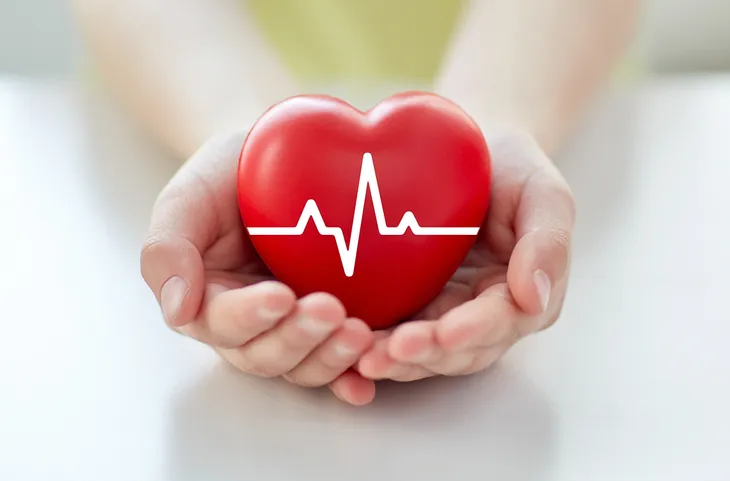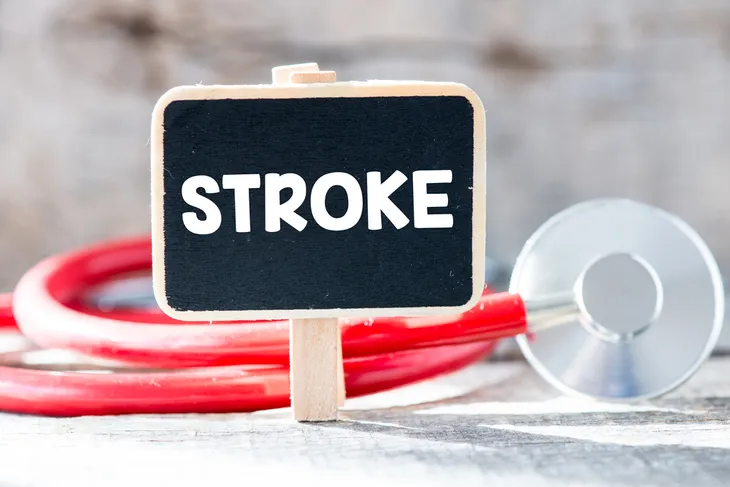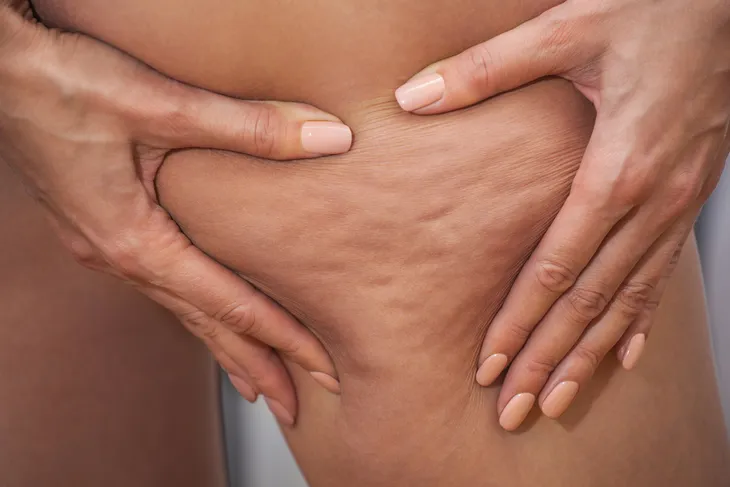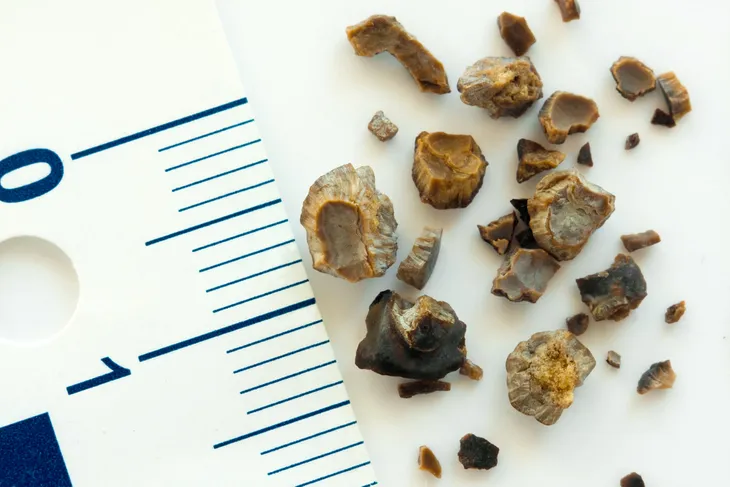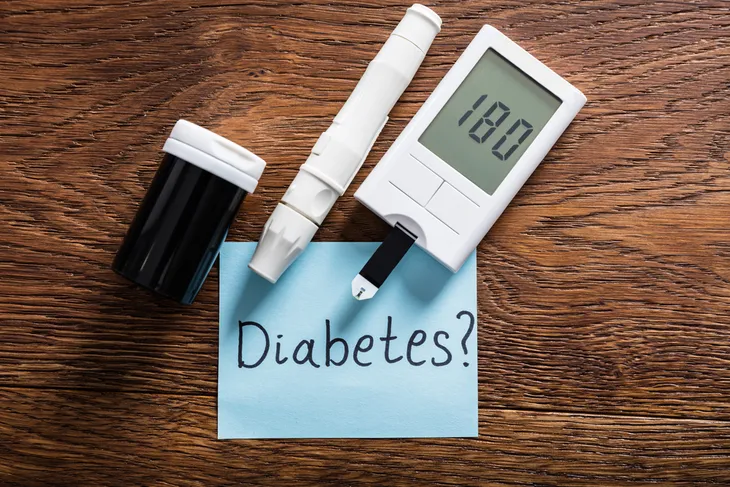Most of us associate potassium with bananas, but what else do you know about this mineral that sits on the left side of the periodic table? Turns out potassium is a vital nutrient for multiple body functions. It helps your muscles contract, keeps your heart rate regular, maintains your nerve function, and aids in balancing the fluids in your body. And that is only a few of potassium’s jobs. Potassium is found in a lot more than just bananas. Some foods with the highest levels of potassium are avocados, potatoes, kidney beans, and dark leafy greens. Unfortunately, most of us eat a diet that consists of lots of processed foods and less fresh foods which means more and more people are suffering from a lack of potassium. Yet, the health benefits of potassium are seemingly endless.
Want diet & nutrition content delivered straight to your inbox? Sign up for our exclusive diet & nutrition newsletter!
Maintains a Normal Sodium Level
Potassium and sodium go together like two peas in a pod. Their roles are so intertwined, you can’t properly manage one without the other. Allison Aaron, RD, CN from Well + Good says, “having the right potassium-sodium ratio is important for electrolyte balance, which is essential for proper muscle contraction and nerve transmission, fluid balance—which promotes normal blood pressure—and acid-base balance for preservation of bone strength.”
You need the right amounts of potassium and sodium for a healthy body. Intake levels are based upon your age and gender. Refer to your doctor if you have questions on exactly how much of each electrolyte you need and to discuss supplementation if necessary.
Helps You Process Carbohydrates
One of the more unknown reasons you need potassium in your diet is to help you digest carbs. Athletes especially need this mineral before they compete or have an intense workout. According to Well + Good, “… the mineral helps convert the glucose in carbohydrates into energy.”
Before you go out for a long work out try eating a banana or another potassium source. You’ll be giving your body a boost of energy with the sugar in the banana and the potassium will help your cells convert the carbs to glucose. After an especially tough work out you might benefit from extra potassium to replenish the electrolytes you sweated out and give you another little boost of energy.
Keeps Your Heart Rhythm Normal
To keep your heart beating regularly, you need a normal potassium level in your blood. Low potassium can cause an irregular heart rhythm that can be seen on an EKG (a device that monitors the electrical movement through your heart). This can be remedied with more potassium rich foods or with a prescribed potassium supplement from your doctor.
If you are concerned that you aren’t eating enough potassium you should ask that your doctor check your blood levels to help you determine the right course of action. In rare circumstances, your potassium level can become too high. This can happen in people with kidney disease. Though rare, high potassium levels are extremely dangerous and can lead to death if left untreated.
Lowers Your Risk of Stroke
Among the numerous cardiovascular benefits of potassium is a lower risk of stroke. A study from the Journal of the American Heart Association showed those who consumed 3500-mg of potassium per day had the lowest risk of stroke. The decrease in risk might be due to the fact that normal potassium levels reduce the effect of salt, therefore, reducing your blood pressure.
Your risk for stroke is based on multiple factors, some that you can control and others that you can’t. Age, gender, race, and family history are all risk factors that you can’t control. But others like smoking, hypertension, diet, and potassium levels are ones you can. Talk to your doctor about how you can increase your potassium levels and in turn reduce your stroke risk.
Lowers Your Blood Pressure
When you have too much sodium in your diet and not enough potassium, you are at risk for high blood pressure. Too many people aren’t taking in enough potassium, while also consuming too much salt, which when “in combination with other minerals like calcium and magnesium, prevents fluid from building up in cells” according to Dr. Axe. This “buildup of fluid within cells is what elevates blood pressure and can result in heart palpitations, narrowed arteries, scarring, and poor circulation” says the source.
Modify your diet to include fruits and vegetables that are high in potassium to lower your blood pressure. Avoid food and drinks that are high in sodium, that’ll negate the benefits of your increased potassium intake. We recommend trying a wide range of foods to keep your palate interested and avoid getting bored with the same old food every day.
Reduce the Appearance of Cellulite
One of the causes of cellulite is fluid retention. Low potassium intake paired with high sodium levels can cause you to hold onto more fluid than normal, potentially causing your cellulite to appear more pronounced. “Sodium brings nutrients into your cells whereas potassium helps flush excess waste out of your cells,” says Dr. Axe.
If you’d like to reduce the appearance of your cellulite, start by cutting the amount of sodium you take in and increase the potassium. Fluid retention isn’t necessarily connected to drinking too much water, so don’t cut down on your water intake. Keep yourself well hydrated, this will help you flush your body and keep you feeling refreshed.
Wards Off Osteoporosis
There are two types of potassium, potassium citrate and potassium bicarbonate, that are found in potassium rich foods. A study from Osteoporosis International, “found a direct relationship between bone density and increased intake of dietary potassium.” Having an adequate intake of potassium can protect your bones against osteoporosis.
The study by Osteoporosis International showed that a diet high in potassium decreases the body’s elimination of calcium, acid, and the bone resorption marker NXT. This research makes it clear that anyone who wants to prevent osteoporosis should eat a diet rich in potassium to keep their bones healthy.
Supports a Normal Growth Pattern
We’ve covered how potassium is crucial for your heart and bones now it’s time to learn how it’s needed to keep your body growing. “As a child or an adult, you require potassium to build protein and muscle,” reports Dr. Axe. Children are especially vulnerable to low potassium levels, their diet can be erratic and their size is constantly changing. These constant changes frequently alters their potassium needs.
If you’re having trouble getting your child to eat enough potassium try a little creativity in your approach. There are so many different foods that contain potassium, you can even hide them in their favorite foods. Blend a smoothie with bananas and strawberries or try mashed sweet potato instead of roasted. If all else fails talk to your doctor about a supplement or dietary rich drink.
Helps the Body Generate Nerve Signals
Nerves send signals, or messages, from your brain to your body. These signals are in charge of your body’s functions, including muscle contraction, heart rate, and so much more. Nerve signals are generated by the moving of sodium and potassium into and out of cells. As a result, if your potassium levels become too low then it can alter your body’s nerve signals.
Changes in the nervous system by low potassium is a serious side effect that can easily be avoided with diet changes or supplements. With a healthy diet rich in potassium you’ll be supporting your nervous system on top of so many other body functions.
Prevent Kidney Stones
If you’ve ever had a kidney stone you know how extremely painful they can be and you’ll do just about anything to avoid another one. A simple diet change of adding more potassium can help reduce your risk of developing this painful condition. Calcium is a mineral that makes up kidney stones and by increasing your potassium citrate you can lower the levels of calcium in your urine.
To prevent kidney stones you should drink plenty of water and have a diet rich in potassium. “Limit foods that are high in protein, including meat, eggs and fish, as well as prepared and fast foods, which are often high in salt,” says Dr. Manoj Monga MD, FACS from the Cleveland Clinic.
Reduce Water Retention
Do you have trouble with water retention? Oftentimes doctors will prescribe a medication, sometimes known as a water pill, to increase your urinary output. This reduces excess fluid and can lower your blood pressure. One dietary change you can make to reduce your water retention is by eating more potassium.
There is research that supports this idea. Healthline reports, “studies suggest that a high potassium intake can help reduce water retention by increasing urine production and reducing sodium levels.” So pick up those potassium rich foods and get that excess water off of your body.
Prevent Muscle Cramping
When you sweat during exercise you lose electrolytes and water. The loss of electrolytes, like sodium and potassium can have a significant impact on your body, including your muscles. To prevent cramping, you’ll want to consume potassium and sodium before and after your workout. If it’s a long work out, then you may also want to take in some nutrition that contains sodium and potassium to support your body during the event.
Many athletes and weekend warriors find that sports drinks and energy snacks work well for their needs. However, these products can contain a lot of sugar and unnecessary ingredients. If you’re looking for a healthy alternative try a piece of fruit. It’ll give you natural sugar and the potassium you need.
Muscle Contraction
Want to keep all your muscles working in tip-top shape? Again, potassium is at the heart of even the contraction of your muscles! This vital electrolyte plays an integral role in generating the electrical potential signal for our muscles. At the cellular level, potassium and sodium exchange generates muscle contraction to produce movement.
The potassium content of fruits and vegetables decreases when they are cooked. So if you plan to steam your vegetables use minimal water and try not to cook them for too long. A tasty alternative is eating your produce raw with a little dipping sauce.
Prevent Type 2 Diabetes
Our last health benefit on this list is all about how potassium can prevent type 2 diabetes. Our diet includes less than a third of potassium than previous generations says Everyday Health. This change in diet may lead to an increase in type 2 diabetes. Everyday Health also reports that, “researchers add that low levels of potassium in the blood are associated with glucose intolerance, and that increasing your potassium intake could help prevent the development of type 2 diabetes.”
To keep your body healthy, ward off conditions like diabetes and kidney stones make sure you are getting enough potassium in your diet. We recommend a diet full of fruits and vegetables to get this vital mineral. But if that’s not possible talk to your doctor about possibly taking a potassium supplement.
